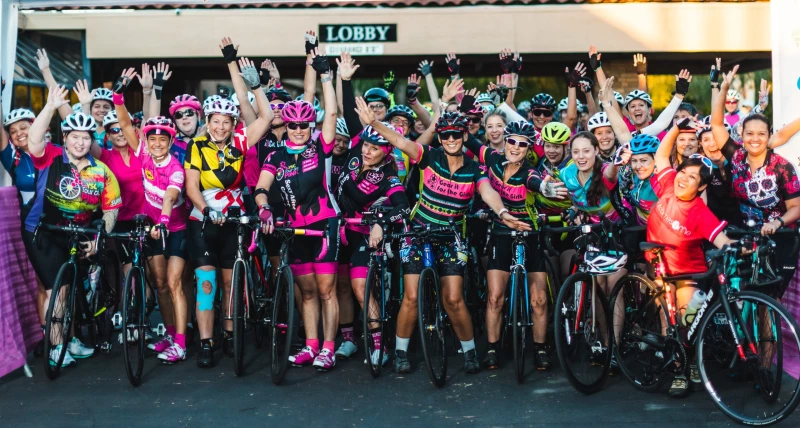We talk a lot as a community about mental health for young breast cancer survivors but less often about how the witnessing the trauma of cancer treatment can affect co-survivors -- family, friends and partners. It’s an important topic to discuss.
Secondary Traumatic Stress is “the emotional duress that results when an individual hears about the firsthand trauma experiences of another.” That means being exposed to another’s traumatic experiences. This could be due to a multitude of situations and circumstances, including a cancer diagnosis and treatment.
In one study, 23% of co-survivors exhibited multiple symptoms of secondary traumatic stress. Common themes of Secondary Traumatic Stress can include avoidance, intrusive thoughts and hyperarousal -- feeling jittery or jumpy. Problem-solving can be impacted. Co-survivors can feel emotionally gripped and experience isolation.
The symptoms of Secondary Traumatic Stress are related to PTSD and can also include:
- Hypervigilance
- Hopelessness
- Guilt
- Withdrawal
- Insomnia
- Chronic exhaustion
- Lack of self-care
Here’s an example of the hypervigilance described above: at a co-survivor Summit breakout session several years ago, the spouse of a young woman with metastatic breast cancer courageously shared that he felt like he could not leave his wife alone, that he could not leave the house. He wanted to be able to go to the gym but had abandoned exercise because he felt he could not leave. Further discussion revealed that this was self-imposed.
Co-survivors may feel like they alone have to manage and take care of everything. What we witnessed were the other co-survivors in the room beautifully caring for that young man and giving him permission to take care of himself with quite reasonable ideas of how to delegate. Phone numbers were swapped. In that one encounter, a co-survivor was seen, validated, connected with and supported.
A first step to to coping with feelings of being overwhelmed or exhausted is simple: Delegate!
Lotsahelpinghands is a way to organize support, food, rides to treatment, etc. It's free.
My Life Line is a free website to keep others informed. This relieves the telling the same status update over and over again.
If you have a trusted friend who loves setting up free websites which Lotsahelpinghands is, have him or her sit with you to brainstorm what all you need help with and then have that person set up the site for you. When people ask “what can I do,” send them there.
Ideally, this is not for you to do, even if you happen to be great at it. This is meant to be time and energy-relieving for you. So you can rest, go to the gym, hang out without a to-do list lingering nearby.
Another important step to take is to make connections. YSC offers a private Facebook group for co-survivors, as well as a dedicated track at our national Summit.
Another organization that I like is Lacuna Loft, a web-based nonprofit organization that encourages, empowers, and connects young adult cancer, chronic illness survivors and caregivers throughout the globe, providing online access to wellness resources, lifestyle encouragement, and peer support community that young adults need to overcome their challenging health and life circumstances, and thrive.
We at YSC hope that, with this information, you feel empowered to take a brave step, no matter what size, in a direction that helps with the details and supports you individually.



